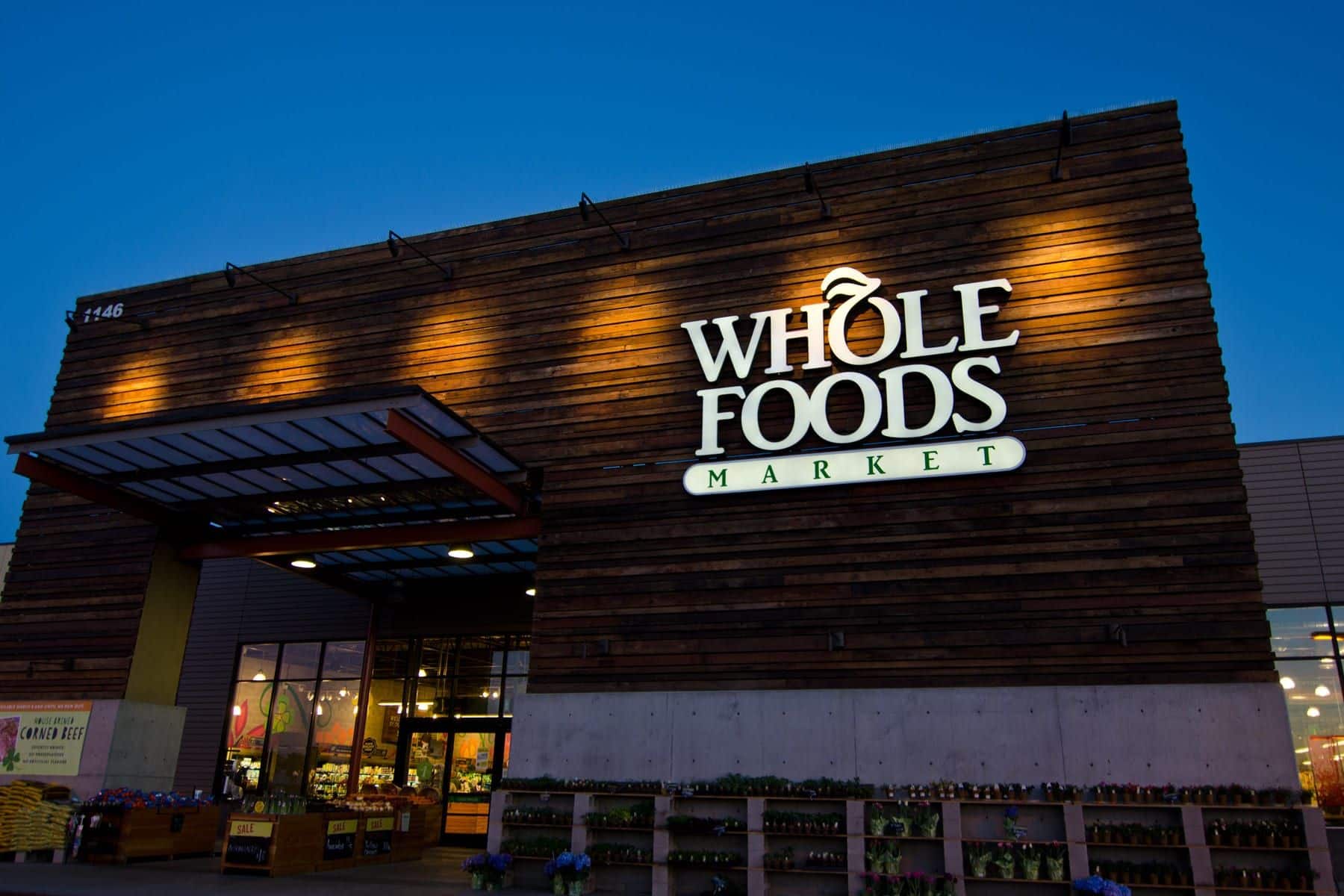Whole Foods Market on Tuesday released its latest Impact Report chronicling its achievements in 2022 around sustainability, and support for employees, suppliers, and communities.
The Austin, Texas-based retailer said reducing waste was a key initiative last year, and continues to remain a priority. The company said it kept 72.3 percent of the waste generated at stores and facilities out of landfills in 2022, and maintained recycling programs at 510 of its 532 stores (as of year-end) in the U.S., Canada, and the U.K..
The retailer also had organic diversion programs, such as composting, at 449 of its stores, and diverted nearly 108,000 tons of food waste from landfills via these programs. In addition, Whole Foods said it diverted 127,000 tons of inedible waste from landfills through recycling in 2022.
“Our goal is to have a meaningful organic diversion — such as composting or anaerobic digestion — and recycling programs at all of our stores, and in 2023 we will continue to work to expand and improve our diversion programs,” a Whole Foods Market spokesperson told SFA News Daily.
Minimizing packaging also remains a key area of focus in 2023, with overall waste reduction and diversion in mind, she said.
“Going forward, we’re committed to optimizing packaging types and materials in accordance with four core principles: material safety, material optimization and efficiency, design for recovery and source responsibly,” said the spokesperson, adding that Whole Foods is also working toward 100 percent of its own packaging, including private label and in-store foodservice packaging, being reusable, recyclable, or compostable.
Whole Foods’ private label team is also partnering with HowGood, an independent sustainability measurement company, to quantify and improve the impact of food products across multiple categories, including carbon emissions, soil health, and water use. In 2023, this data is being used specifically to help Whole Foods estimate the carbon footprint of its private label products, the spokesperson said.
The Impact Report also shows Whole Foods’ efforts to reduce fossil-fuel-based energy consumption and minimize the impact of its refrigeration systems on the environment. It has deployed low-global warming potential (GWP) refrigerants in 55 of its stores, and is supplementing its traditional energy supply with solar power at 66 locations.
“At Whole Foods Market, we view the environment as one of our key stakeholders,” said Jason Buechel, CEO, Whole Foods Market, in a letter introducing the report. “Our food systems — farms, waterways, soil — are all at risk for future generations, making our efforts that much more important.”
Employee development
The report also highlighted Whole Foods’ efforts around developing its people, citing worker growth and happiness as among its core values.
In line with those efforts, Whole Foods said it created 693 mentor/mentee pairings in 2022 as part of its Cultivate mentorship program, which had 1,022 active pairings at year-end.
Other employee development highlights included:
• 1,364 employees graduated from career development programs.
• 223 employees participated in the retailer’s Butcher Apprenticeship program as of year-end.
• 55 workers completed the Chef de Partie program in 2022.
• 54 workers became certified cheese professionals in 2022, bringing the total to 437 cheese professionals across all stores.
Support for suppliers, community
Whole Foods last year also launched its Local and Emerging Accelerator Program with nine participants, and it is currently finalizing the companies for this year’s cohort.
The retailer also awarded nearly $1.7 million to local suppliers last year through its Local Producer Loan Program. Whole Foods continues to award low interest loans to local suppliers through the program, and recently awarded a $65,000 loan to Oliver’s Organic Eggs, a local egg supplier near the Rochester, New York store that is using the loan to build a new hen house, according to the spokesperson.
Also in 2022:
• Whole Foods’ community giving programs included grants for salad bars, educational gardens, and beehives for schools through its Whole Kids Foundation. The retailer also donated food and vans to food banks and food rescue organizations.
• Whole Foods loaned more than $7.8 million to microfinance partners in 37 countries, including the U.S., to create an additional 33,555 microloans.
• Through its Whole Cities Foundation, Whole Foods supported 57 Community First grants to support nonprofits focused on access to healthy foods and nutrition education.
Related: Whole Foods, Minnie's Food Pantry Fight Hunger; D.C. Whole Foods Opens.

